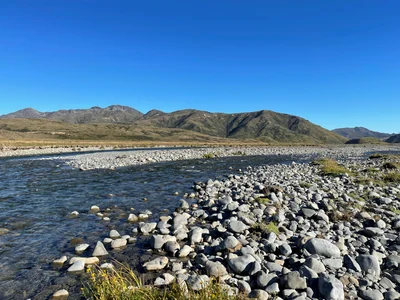Stream water quality improvements found in long-term study

Good farm management has improved surface water quality in five catchments in New Zealand but more work is needed to reduce nitrogen levels, according to a new study.
Researchers studied water quality data over a 20-year period and found farmers’ actions had improved water quality or not changed water quality in 70% of the measured trends.
The five dairy farming catchments were part of the 2001-2010 Best Practice Dairy Catchments project.
The five farms are in Canterbury, Southland, Inchbonnie, South Taranaki, and Waikato.
Monitoring of water quality and changes to farm practices continued from 2011-2020, as part of national long-term data collection.
The study found improved effluent management and stock exclusion helped to decrease the median levels of most contaminants in water.
Concentrations of phosphorus and suspended sediment in the stream water decreased the most in response to on-farm work.
Research lead Professor Rich McDowell said the findings were positive but also showed further action was needed in key catchments to maintain the momentum.
“The data shows that, over the 20-year period, many trends were improving or showed no change. However, we know nitrogen levels increased in many catchments due to development on other dairy farms over the same period.
“This means there is still more to do in some areas to lower nitrogen and E.coli concentrations. In some catchments, more than good management practice may be required, such as land-use change, to meet water quality expectations,” he said.
DairyNZ general manager for sustainable dairy Dr David Burger said the analysis showed the good outcomes achieved through good management practices on dairy farms.
“It’s good to see this dataset showing extension efforts to help farmers improve their management practices have led to water quality improvement.”
He said the dairy sector was committed to sustainable dairying and farming within environmental limits.
DairyNZ continued to work with farmers to develop farm practices, provide a scientific evidence base to help inform practical and fair regulations and demonstrate the positive results of the actions farmers are taking to improve the health of waterways.
More than 70% of New Zealand’s dairy farms have farm environment plans and 45% have greenhouse gas farm plans. By 2025 all farms will have both plans.

